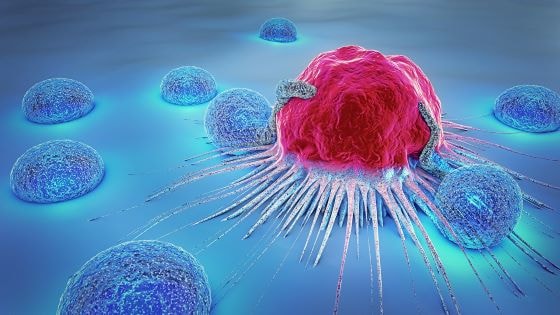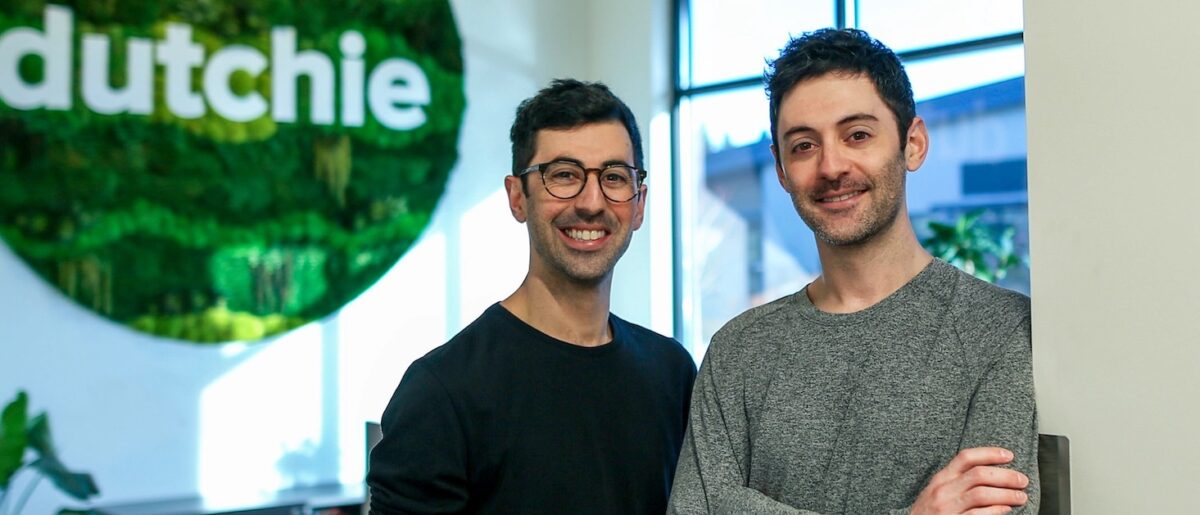According to results out of the University of Newcastle and Hunter Medical Research Institute, laboratory tests have shown that a modified form of medicinal cannabis can kill or inhibit cancer cells without impacting normal cells.
Cancer researcher Matt Dun spent three years researching in collaboration with biotech company Australian Natural Therapeutics Group (ANTG), which produces a cannabis variety containing less than 1 per cent THC (tetrahydrocannabinol). The plant is known as ‘Eve’ and has high levels of the compound cannabidiol (CBD).
“ANTG wanted me to test it against cancer, so we initially used leukaemia cells and were really surprised by how sensitive they were,” Dr Dun explained. “At the same time, the cannabis didn’t kill normal bone marrow cells, nor normal healthy neutrophils [white blood cells].
“We then realised there was a cancer-selective mechanism involved, and we’ve spent the past couple of years trying to find the answer.”
Dun’s team of researchers ran comparisons between THC-containing cannabis, and cannabis lacking THC but with elevated levels of CBD and found that for both leukaemia and paediatric brainstem glioma, the CBD-enriched variety was more effective at killing cancer cells than THC varieties.
“There are trials around the world testing cannabis formulations containing THC as a cancer treatment, but if you’re on that therapy your quality of life is impacted,” Dr Dun stated. “You can’t drive, for example, and clinicians are justifiably reluctant to prescribe a child something that could cause hallucinations or other side-effects.
“The CBD variety looks to have greater efficacy, low toxicity and fewer side-effects, which potentially makes it an ideal complementary therapy to combine with other anti-cancer compounds.”
“We need to understand the mechanism so we can find ways to add other drugs that amplify the effect, and week by week we’re getting more clues. It’s really exciting and important if we want to move this into a therapeutic,” Dr Dun further said.
“Hopefully our work will help to lessen the stigma behind prescribing cannabis, particularly varieties that have minimal side-effects, especially if used in combination with current standard-of-care therapies and radiotherapy. Until then, though, people should continue to seek advice from their usual medical practitioner.”
The study was funded by ANTG and HMRI through the Sandi Rose Foundation.
“We are very pleased to see three years of collaboration with UON and HMRI deliver such exciting findings in the fight against cancer. ANTG remains committed to its patient-centric mission of understanding the massive therapeutic potential of medicinal cannabis,” said Matthew Cantelo, the CEO of Australian Natural Therapeutics Group.
“We thank Matt Dun and the team for such encouraging insights into anti-cancer properties of our Australian grown CBD strain, Eve. We are looking forward to moving forward to the next stage of the study and continuing to develop effective, safe and consistent cannabis medicines for Australian patients.”




